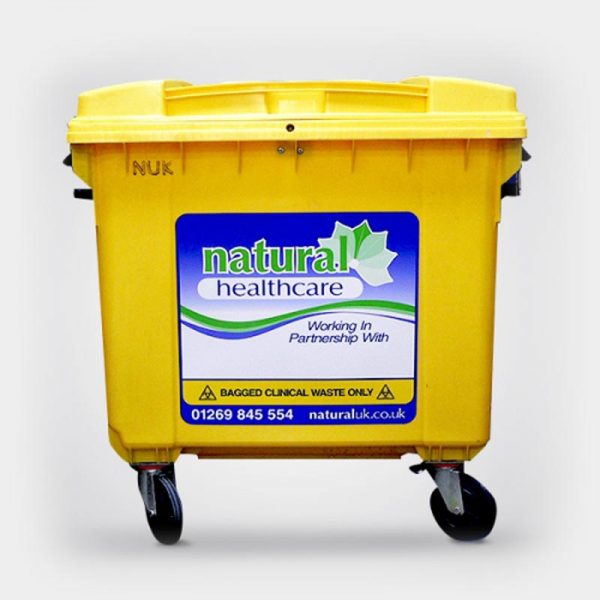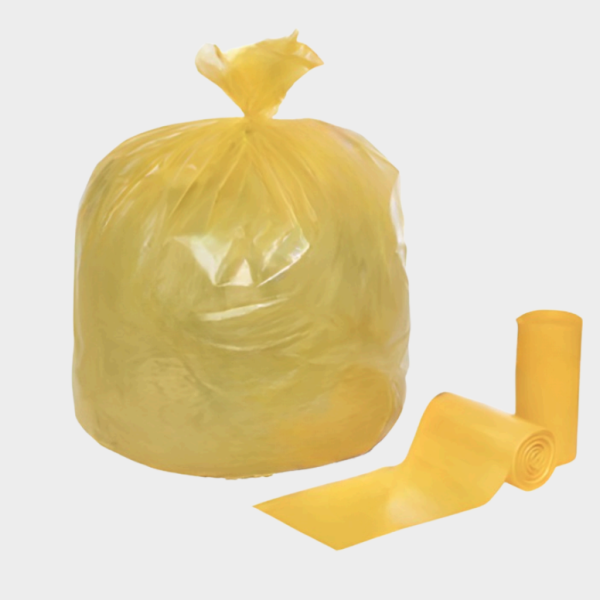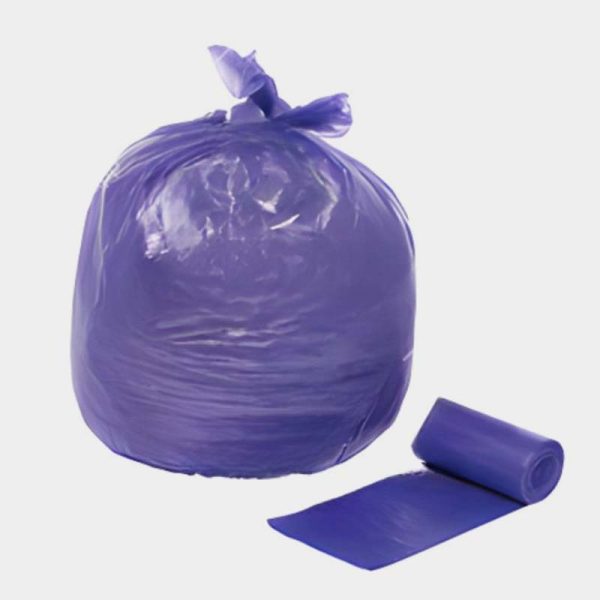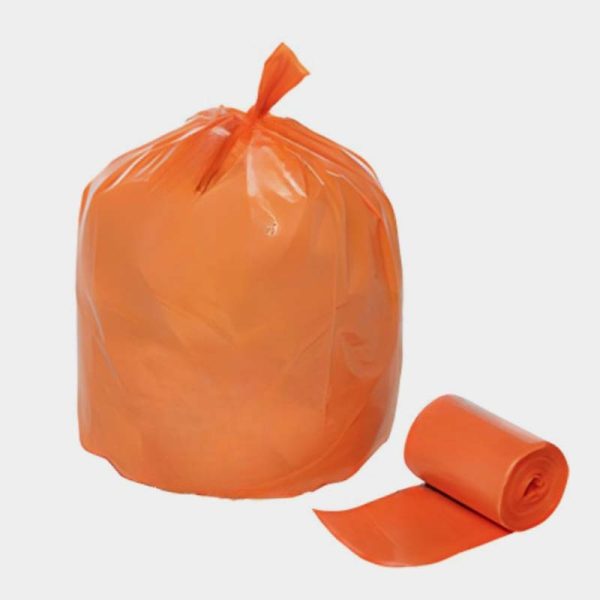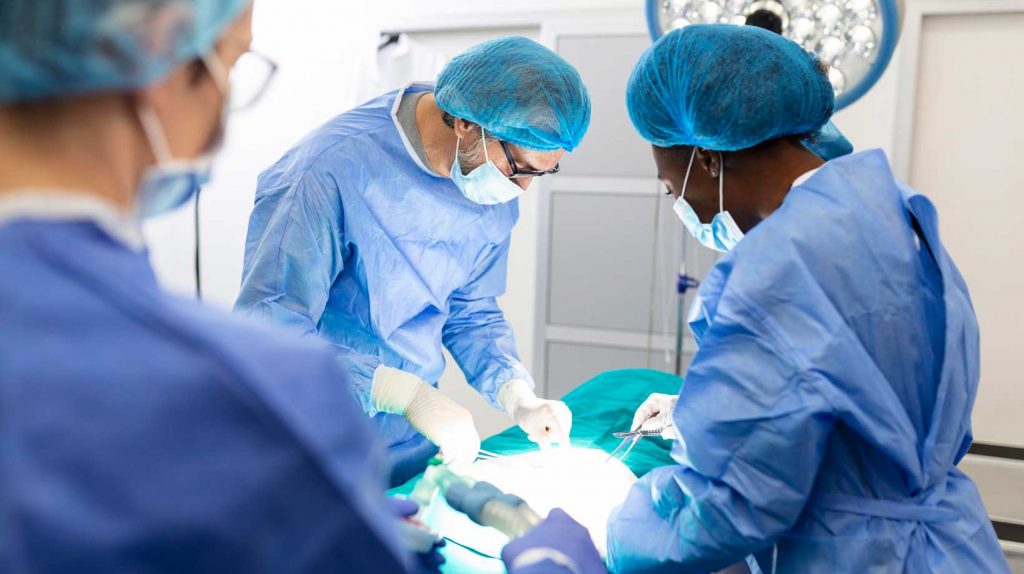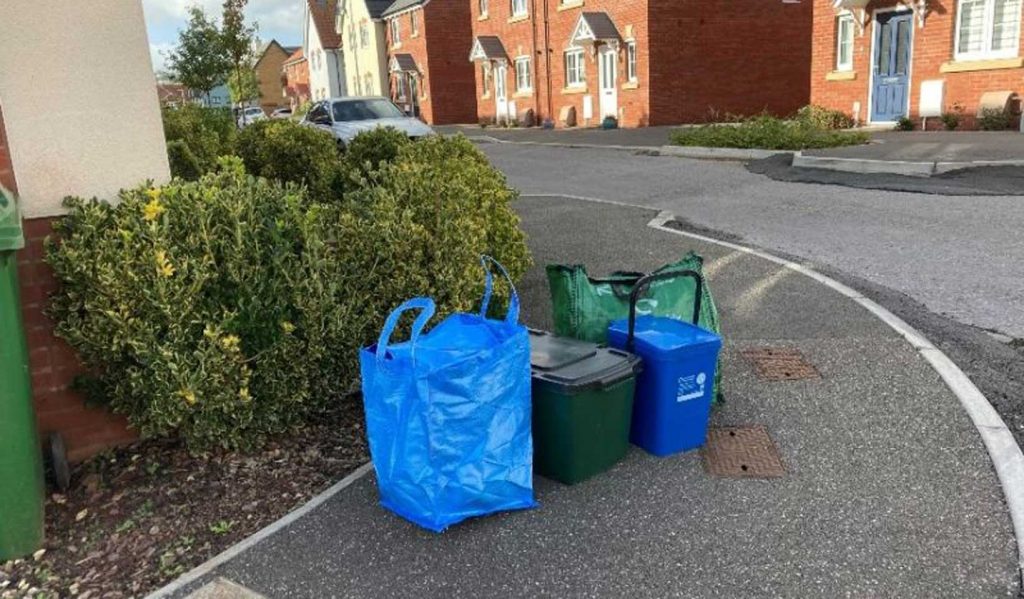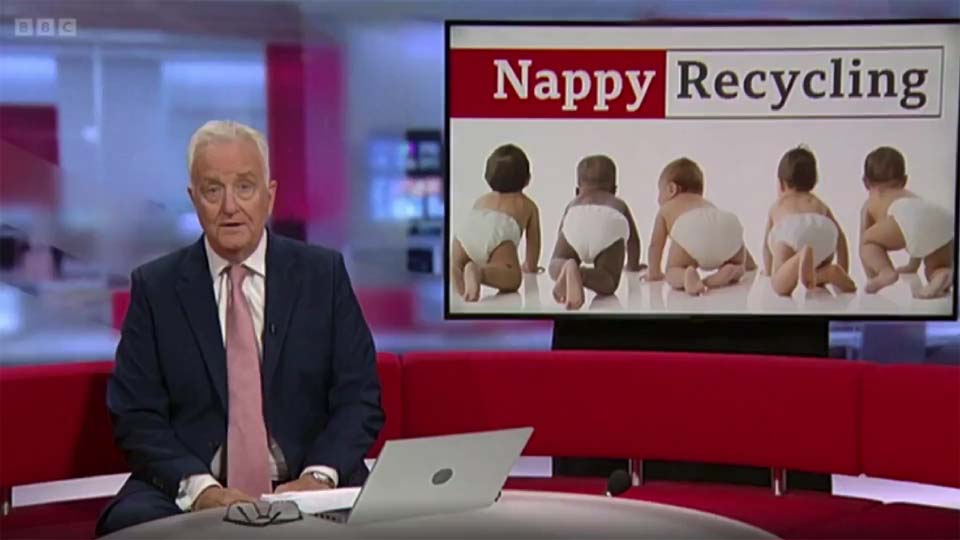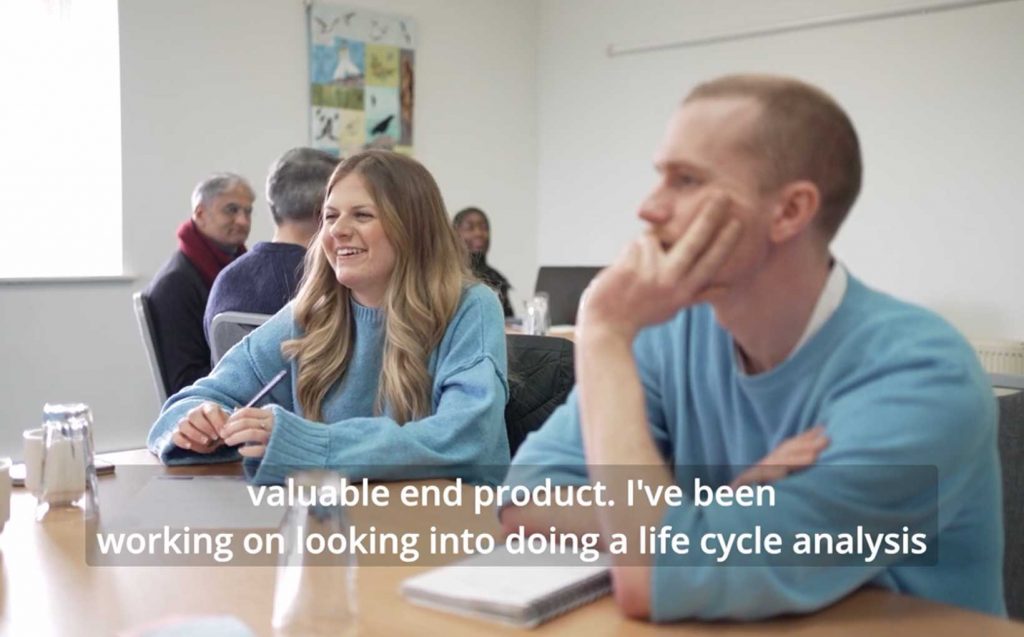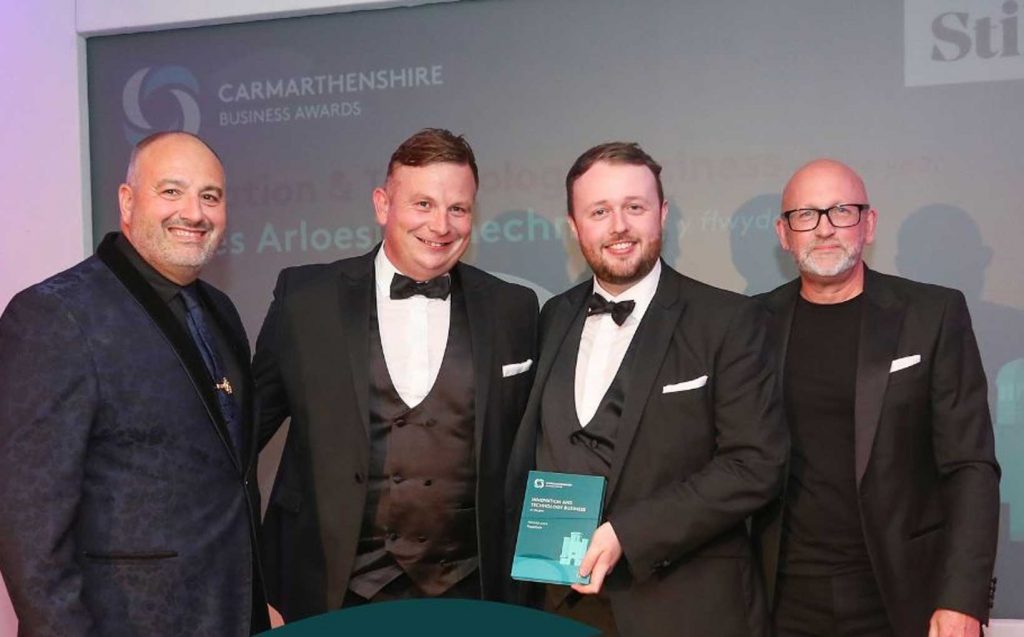For Audiology Compliance in Wales
Natural UK provide an overview of the waste types and the associated packaging and segregation requirements for audiology waste in line with UK Guidance and Legislation, alongside free compliance audits for your business.
Are you compliant?
Welsh Government’s proposed reform for the provision of, and improved access to, ophthalmic services through the expansion of eye care services delivered on the high street by optometrists will result in an increase in clinical healthcare waste being produced at these sites. The proposals are summarised in NHS Wales’ document ‘NHS Wales Eye Health Care – Future Approach for Optometry Services’.
Optometrists are classified as producers of healthcare waste and as such they are subject to the requirements of the Welsh Health Technical Memorandum (WHTM) 07-01 in Wales, and the Health Technical Memorandum (HTM) 07-01 in England. As Hazardous waste is generated in optometry, opticians are also subject to the Hazardous Waste (England and Wales) Regulations 2005.

This information page seeks to provide an overview of the waste types and the associated packaging and segregation requirements for optometry waste in line with UK Guidance and Legislation.
In addition to proper segregation and packaging, waste. Pre-Acceptance Audits are a legal requirement for collections of healthcare waste for treatment or disposal by a permitted facility. Audits demonstrate compliance with regulations for both the waste producer (e.g. audiologists) and the waste management contractor and provide documented evidence that Duty of Care has been met.
Did you know that if your practice conducts domiciliary services, you are still required to have the compliant waste receptacles for each healthcare waste stream that may be produced, Pre-Acceptance Audits are still required, and you must be registered as a Lower Tier Waste Carrier with NRW.
Healthcare Waste
Generated from Audiology
Hazardous waste generated from audiology would comprise of potentially infectious clinical waste which would be classified under EWC code 18 01 03* and must be disposed of in an orange bag.
Non-hazardous offensive hygiene waste generated from audiology would be classified as EWC code 18 01 04 and must be disposed of in a Tiger Bag.
These waste streams could consist of the following and the waste classification would depend on whether the patient is deemed to be, or suspected of being, infectious:
- PPE (such as disposable gloves, masks, aprons etc.
- Swabs, cotton pads, tissue etc.
- Otoscope disposable tips
- Ear moulds used for fitting hearing aids
- Disposable ear tips for water irrigation systems
Audiology is highly unlikely to generate sharps as ear curettes and small scoops used for ear cleaning and wax removal are metal and are sterilised and re-used. Additionally, audiologists do not prescribe medication and would suggest over the counter drops etc. Therefore it is unlikely that medicinal / pharmaceutical waste would be generated at these practices. In the event that sharps or pharmaceutical waste was generated, the segregation and packaging practices outlined within the ‘Clinical Waste and Rigid Containers’ section of this page pack would apply.
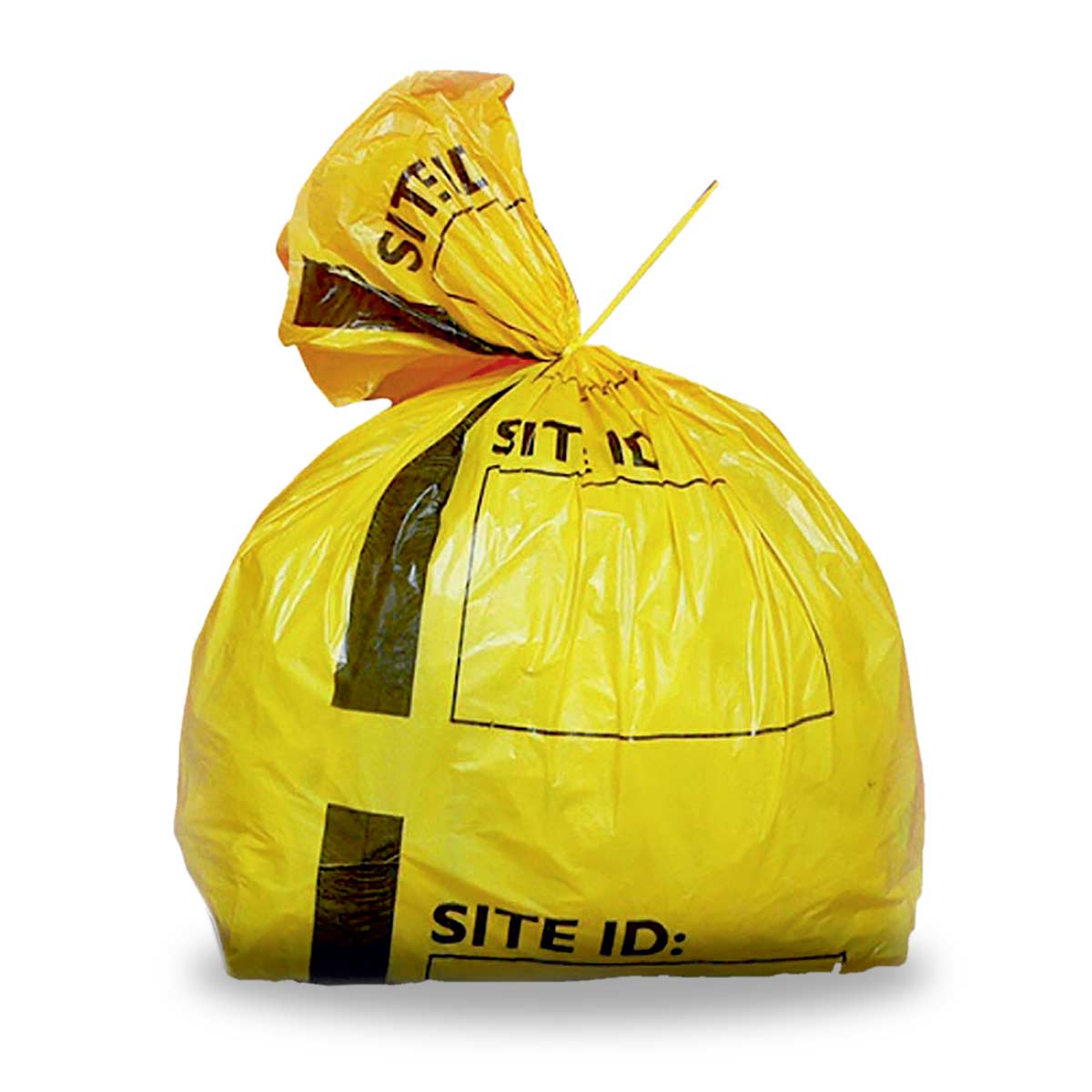
Non-Hazardous waste must be placed in yellow bags with a black stripe, known as ‘Tiger Bags’. This waste can be disposed of via landfill, energy from waste and other authorised disposal or recovery, in line with the WHTM 07-01.
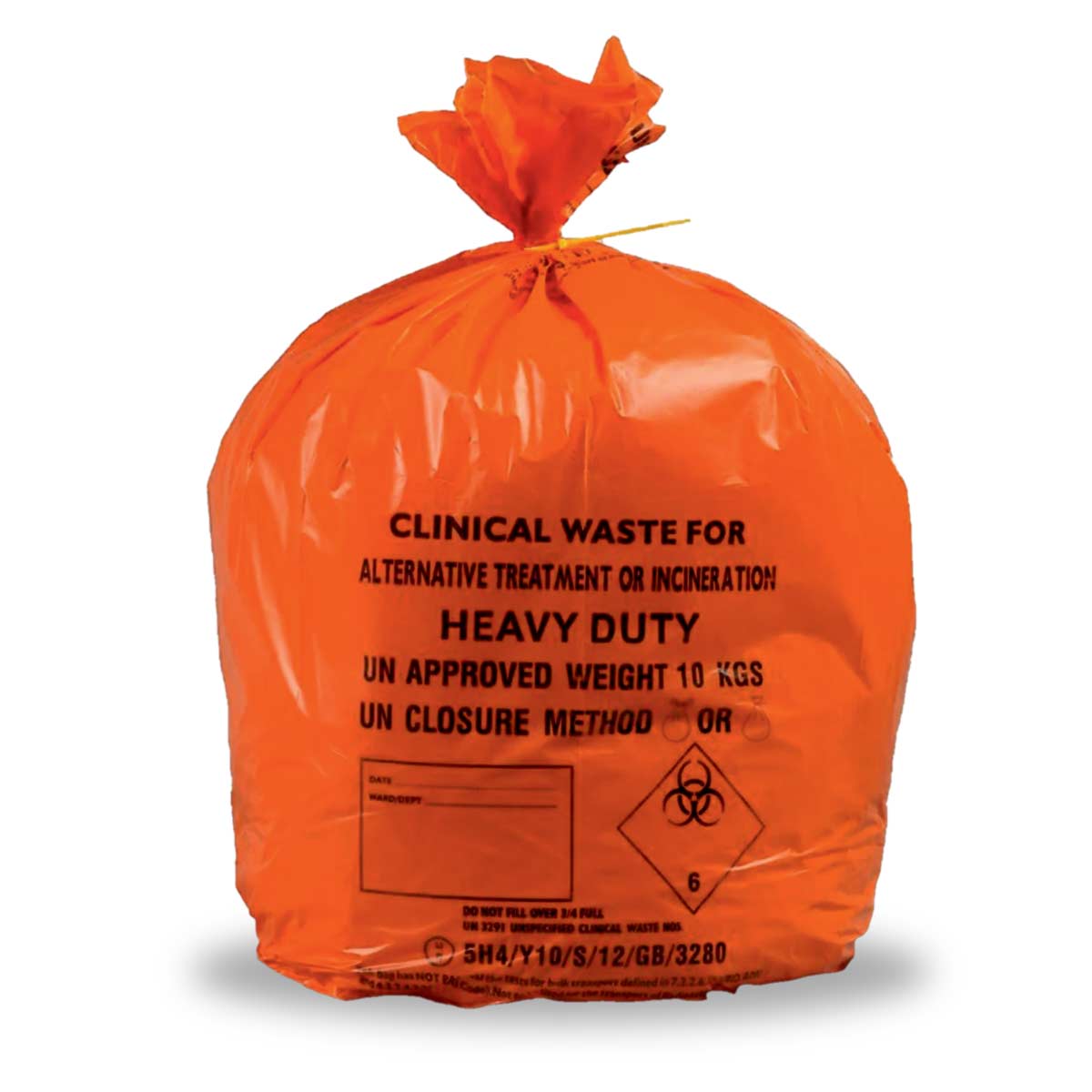
Hazardous waste must be placed in orange bags. This waste can be disposed of via alternative treatment or clinical waste incineration in line with WHTM 07-01.
Clinical Waste and Rigid Containers

Sharps Hazardous
Clinical infectious and pharmaceutically contaminated wastes (non-cytotoxic and non-cytostatic), such as sharps, are required to be disposed of in yellow lidded sharps boxes. This could include sharps used for removing corneal foreign bodies. This waste stream is classified under EWC code 18 01 03* and EWC 18 01 09 and must be disposed of via clinical waste incineration, in line with WHTM 07-01.
